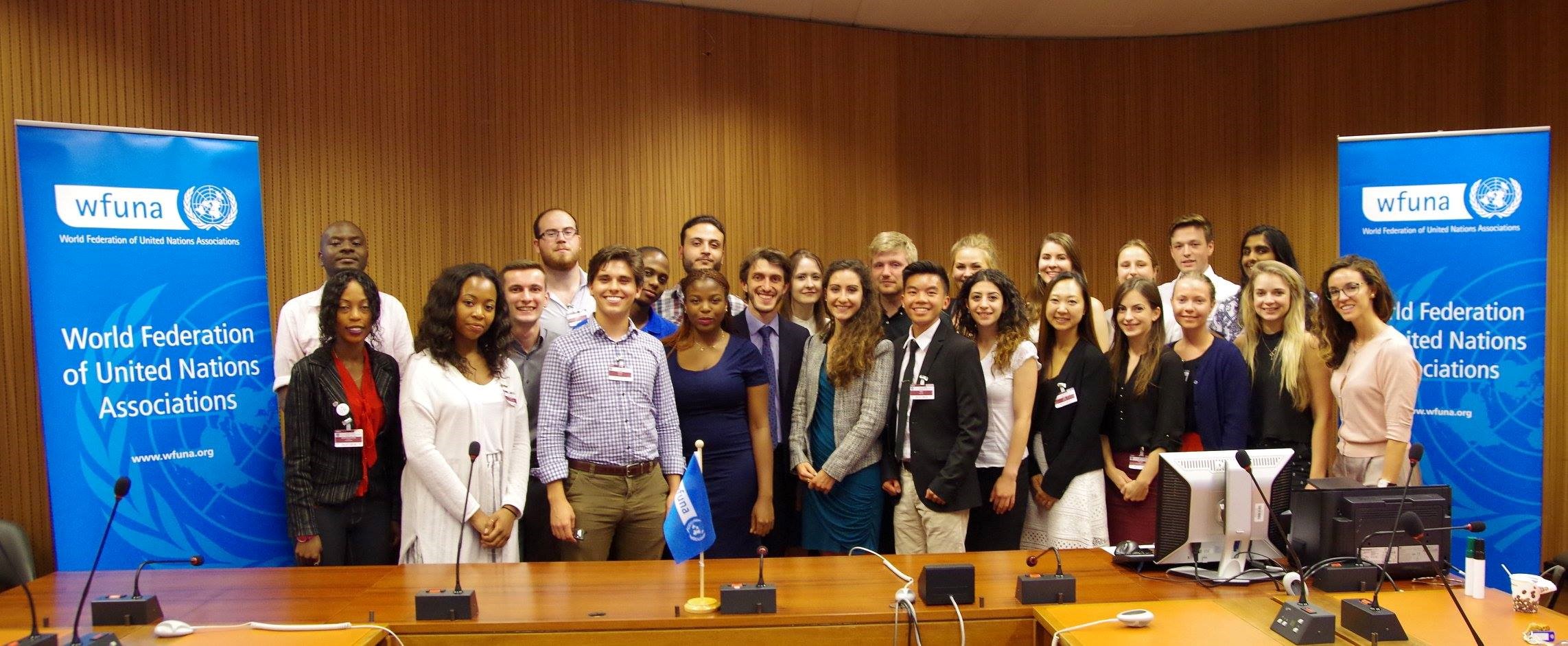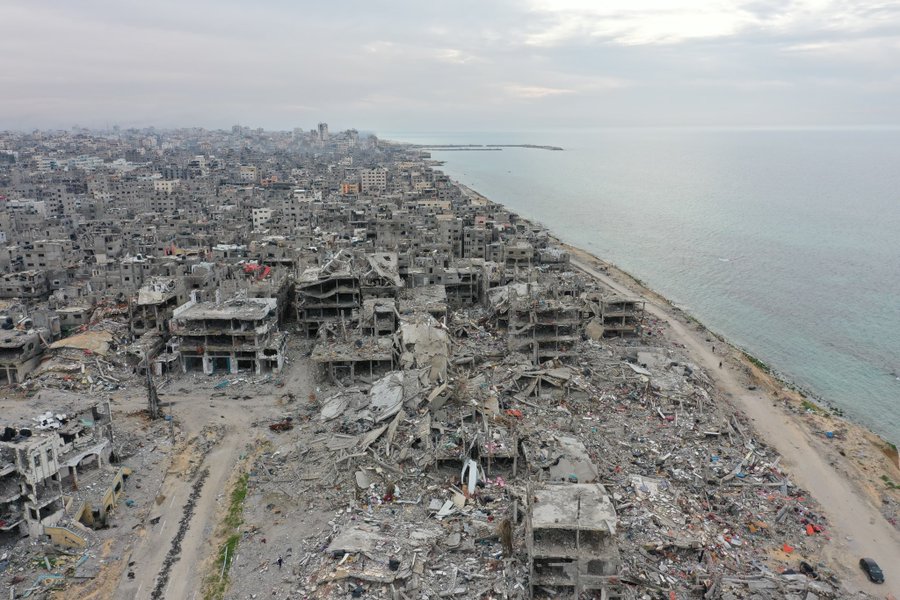WFUNA Youth Human Rights Training – Thoughts from Jose Sirven
Jose Sirven, a student at Florida International University, discusses his experiences interacting with global youth leaders and his plans for bringing human rights issues to his campus community.
Being placed in a room with some of the brightest and most accomplished young minds from all over the world—from Denmark, South Africa, Georgia, Argentina, and many more—was simultaneously daunting and rewarding. As a participant in the 2016 WFUNA Human Rights Youth Training Program, my peers and the training sessions taught me more than I thought I could possibly learn in just one week.
I am so grateful to UNA-USA for giving me this opportunity that has completely changed my perspective on the role that U.S. citizens can and should play in the global human rights arena. The WFUNA staff at Geneva were a passionate family who were so helpful, bright, and open-minded. Throughout the week, they made sure that we understood the importance of civil society in advancing the Sustainable Development Goals and the Universal Declaration of Human Rights. Experienced guests from all over the UN Office in Geneva, including the UNHCR, shared their experiences working all over the world to advance human rights.
One of the most interesting guests who presented was Hans Fridlund, Programme Manager at UPR-Info, a non-governmental organization that actively participates in the Human Rights Council by lobbying countries to propose recommendations to other countries through the UPR process. Mr. Fridlund arranges informative sessions on the human rights statuses of states that are being reviewed in the UPR process of the Human Rights Council. The Universal Periodic Review (UPR) process of the Human Rights Council is one of the most effective tools where citizens can engage in advancing human rights in their country; through the UPR, the current human rights situation in all states is reviewed by fellow states with recommendations. NGO’s and civil society lobbies other states to make specific recommendations during the process. I was fascinated by this process, because of its proven effectiveness and the role that people like I can play in directly combating a specific human rights violations that I might be passionate about. I imagined lobbying states to recommend Jamaica to improve LGBT rights and protections, which leads to me to my second favorite part of the experience (second only to making many new, brilliant, and passionate friends from all over the world)—the human rights project.
Each of us (the participants) are required to develop and implement a human rights project in our local community. I am choosing to combat an issue that I am passionate about—lowering the level of LGBT youth who experience homelessness in Miami. This seems like a mountain to climb, but the WFUNA staff made it digestible and fun. Irene Martinetti, the Director of WFUNA in Geneva. Irene walked through Project Cycle Management, an effective, modern system used by the UN, EU, and USAID for project planning, monitoring, executing, and reviewing (great skill for a resume, by the way). The process really broke down the logistics and made our multiple abstract goals something we could easily reach through hard work.
People, especially their cultures, have always fascinated me. This experience was like standing under a waterfall of cultures, ideas, and languages, and I loved every second of it. It has inspired me to engage and inspire my community to work towards a world where the sustainable development goals are a reality. I am looking forward to implementing my human rights project at home and hopefully inspiring someone to create their own human rights project (you can apply for funding to implement a human rights project on your campus here).




